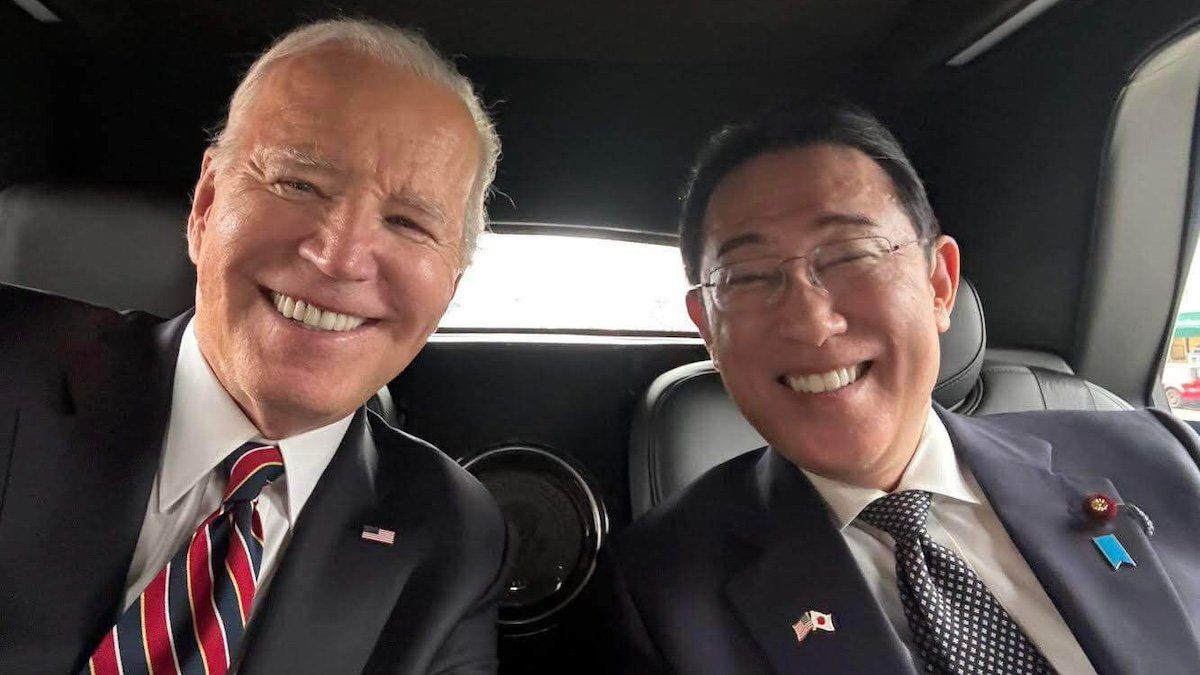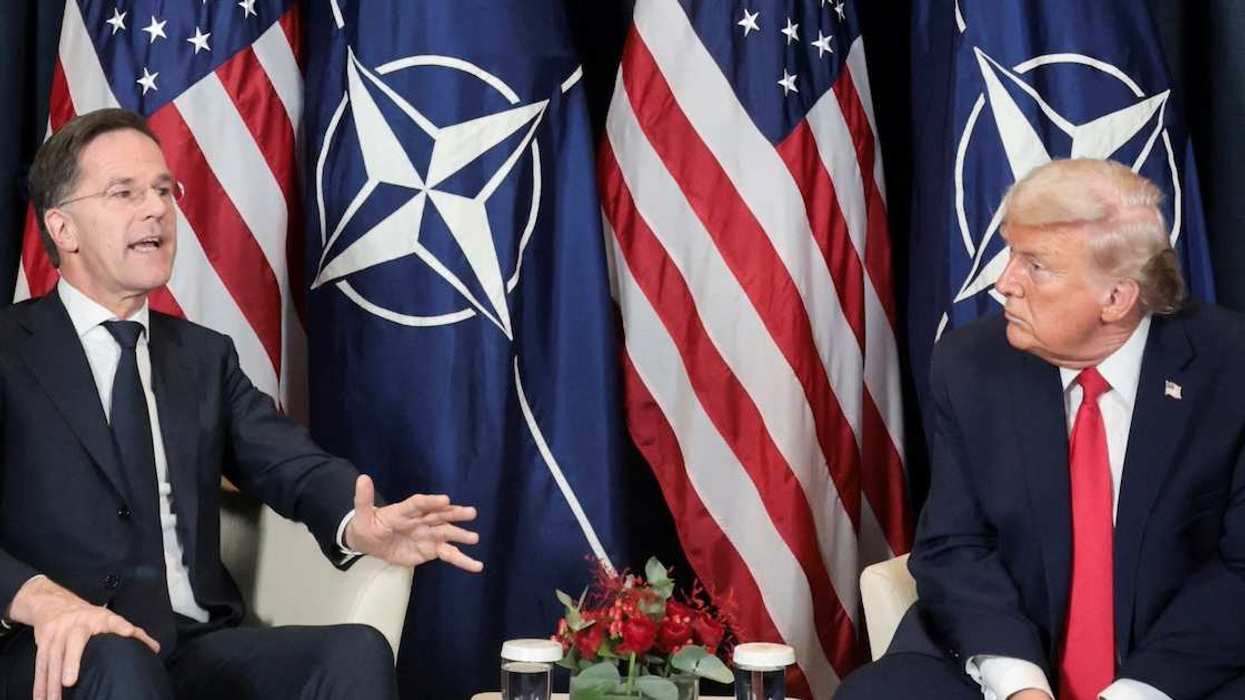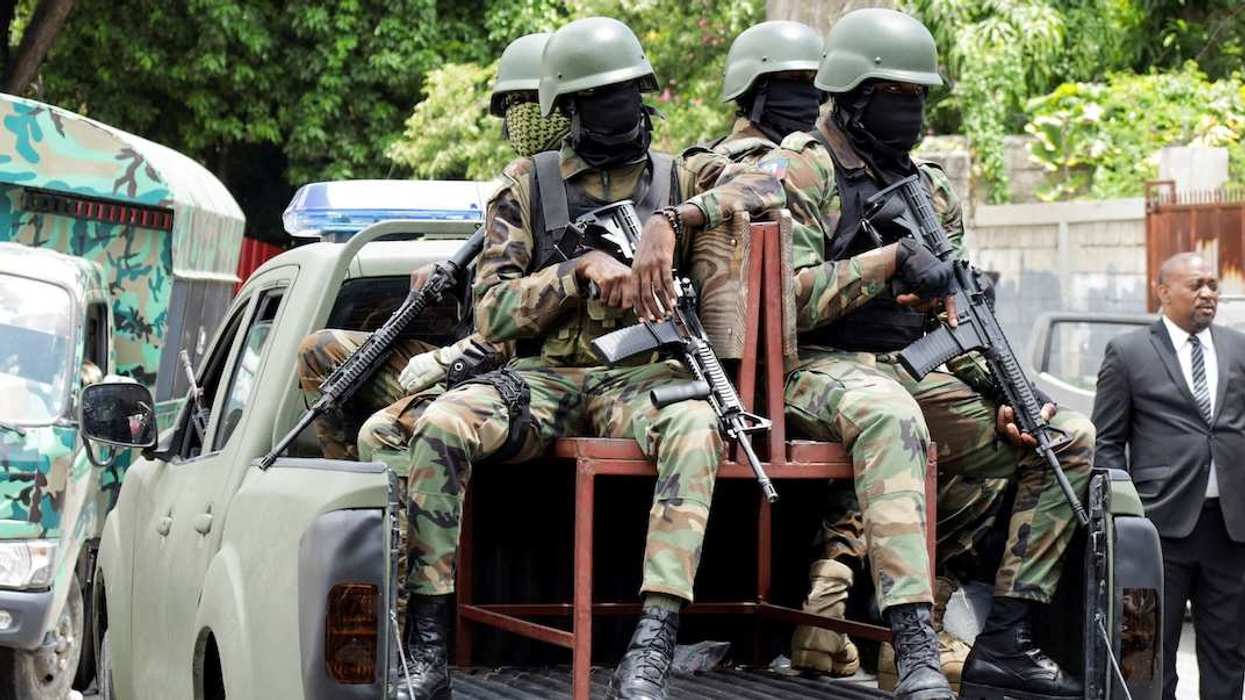The White House showered Japanese Prime Minister Fumio Kishida with gifts and honors during his state visit starting Wednesday, but the friendly display is aimed just as much at Beijing as it is Tokyo.
Kishida and Biden announced an upgrade to the longstanding US-Japan defense agreement on Wednesday that will make Japan’s military more agile by appointing a local US command and organizing a joint military-industrial production committee. The two will hold a trilateral meeting with Philippine President Ferdinand Marcos Jr. on Thursday to discuss further military cooperation.
“The US-Japan security alliance – even though it’s remarkably strong – is not well integrated and unified in a way where forces can rapidly respond,” says Eurasia Group Japan director David Boling, “The long-term goal is for a combined command, with deep force integration, that can respond lickety-split to emergency contingencies.”
A Paul Simon concert over ribeye must be a nice change of atmosphere for Kishida, who is unpopular and struggling to put a lid on party scandals at home. One of the few areas where he does relatively well with voters is foreign policy, and Kishida has continued the augmentation of Japan’s armed forces while bolstering relations with South Korea, Taiwan, and the Philippines — all potential conflict zones with China.
Tokyo’s relationship with Manila has seen the greatest strides forward, including a new agreement that could see Japanese troops deployed to the archipelago.
“On the Philippines, Japan has recognized that any contingency that escalates into a kinetic conflict is going to immediately implicate Japan,” says Eurasia Group senior analyst Jeremy Chan. After all, many of the US troops and ships that would support the Philippines (or Taiwan or South Korea) are stationed in Japan, making US bases there tempting targets for China.
We’re watching for Beijing’s reaction to Thursday’s trilateral.


















